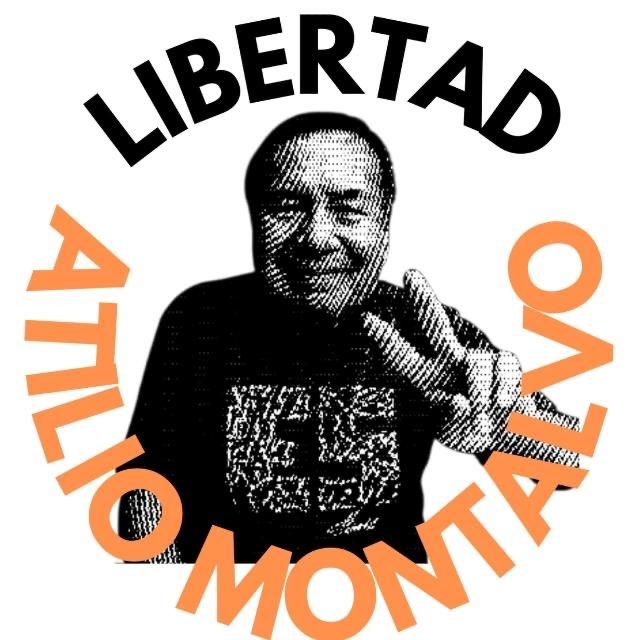Today’s essay could be characterized as a meditation on irritation. ICE is irritated with me for publishing facts, the public is increasingly irritated with ICE for not doing what they said they’d do, and I’m irritated with news outlets for getting basic facts wrong.
I have been publishing a steady stream of data-driven research over the past six months that (1) predicted a rise in ICE targeting immigrants without criminal histories, (2) documented this steady rise over the past several months, and, just this week, (3) showed that non-criminal immigrant arrests now make up an objective majority.
These findings have circulated widely in news articles at leading outlets, including CNN, The Economist, Washington Post, USA Today, NPR, the Guardian, Mother Jones, Los Angeles Times, Christian Science Monitor, and many more.
The findings are significant because they help us understand immigration enforcement trends, and because the data shows that the Trump administration’s rhetoric about going after dangerous criminals is not entirely accurate.
Pressed by the press about these numbers, ICE is becoming increasingly irritated and defensive. Border czar Thomas Homan1 and Assistant Secretary for Public Affairs for ICE, Tricia McLaughlin, have both reacted strongly to these well-documented data points published by the news media.
The current (as of June 30) percentage of ICE arrests for immigrants with no criminal histories is 45 percent. Assistant Secretary Tricia McLaughlin did not seem to know this. She says that the mainstream media is pushing a false narrative, even though they are getting all their data on arrests, detentions, and deportations from her agency!


